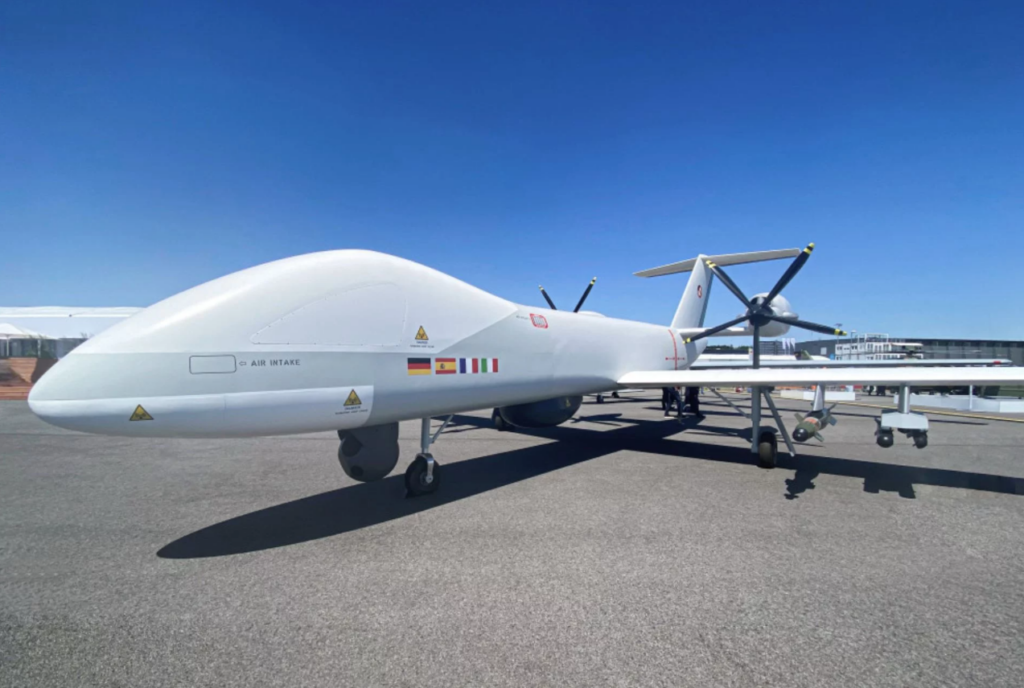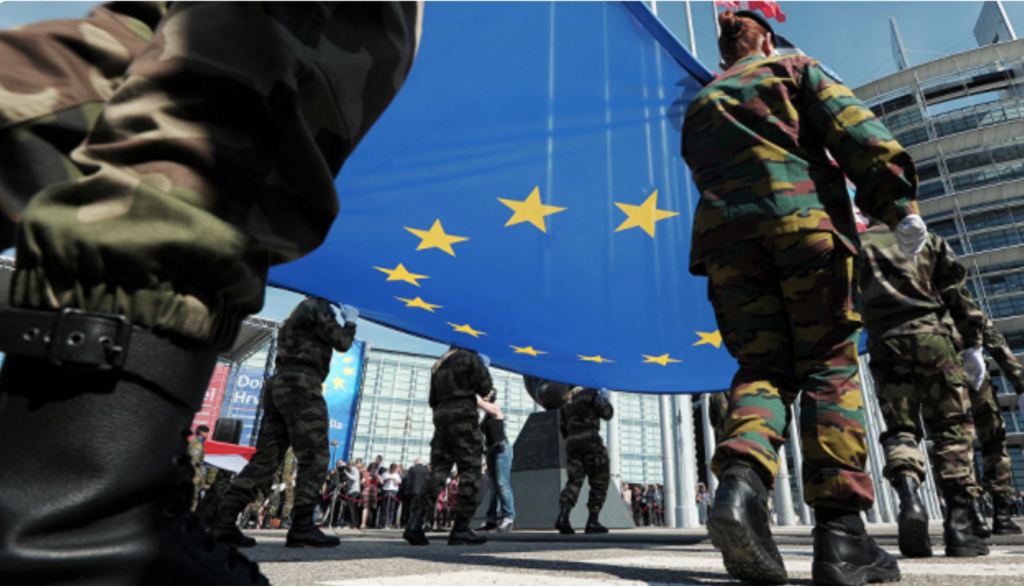EU Unveils Massive €150 Billion Joint Defense Program to Boost Industrial and Military Power
On May 27, 2025, in Brussels, the European Affairs ministers of all 27 EU member states approved a historic €150 billion joint arms procurement program. This bold initiative marks one of the largest defense-related investments in EU history, called the SAFE (Security Action for Europe) plan. The goal is to strengthen Europe’s defense forces, increase local manufacturing, and lessen dependence on foreign suppliers for essential military products. The move is being made as security problems increase in Europe, driven by the Ukraine War and questions about the United States’ future defense support.
The fund will allow member countries to buy and produce missiles, ammunition, artillery systems, combat vehicles, air defense systems, naval equipment, and advanced equipment such as drones, satellites, and cyber systems together. A central objective of the plan is to modernize European armed forces and replenish depleted stockpiles. The EU wants to ensure that its military forces are well-equipped, interoperable, and capable of rapid deployment. By jointly procuring these systems, member states will reduce costs, avoid duplication, and create a stronger, more unified defense infrastructure.

A major condition of the plan is that at least 65% of the value of any defense system funded by SAFE must come from within the EU or partner countries. This rule is designed to strengthen European supply chains, support local manufacturers, and ensure Europe’s independence in military technology. Companies like Airbus, Leonardo, Saab, Rheinmetall, MBDA, and Thales will play an important role in delivering key components and systems under the plan.
Adam Szłapka, Minister for the European Union of Poland, said:
“Our two priorities are security and deregulation. Today, at the Council, we deliver on both. We adopted SAFE – first large-scale defence investment programme on the EU level, making €150 billion available to boost our defence capabilities. We also agreed the Council’s position on the first simplification package on CBAM. This will reduce administrative burden and support EU companies.”
Funding for the plan will be provided through long-term loans, with the requirement that projects involve at least two EU countries to promote cooperation. In urgent cases, such as those linked to Ukraine’s defense, single-country projects may be temporarily accepted. This cooperative approach is expected to foster deeper partnerships, boost production capacity, and enhance military readiness throughout Europe.
Overall, the €150 billion plan represents a significant step toward building European strategic autonomy. It not only strengthens security but also boosts Europe’s industrial power by making substantial investments in defense manufacturing and innovation. With this initiative, the EU is affirming its commitment to a stronger, more self-sufficient Europe capable of addressing modern global threats.

